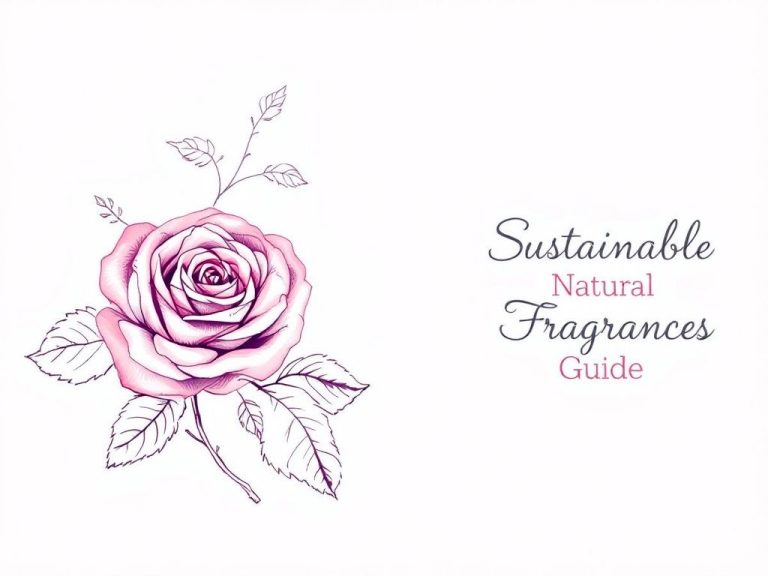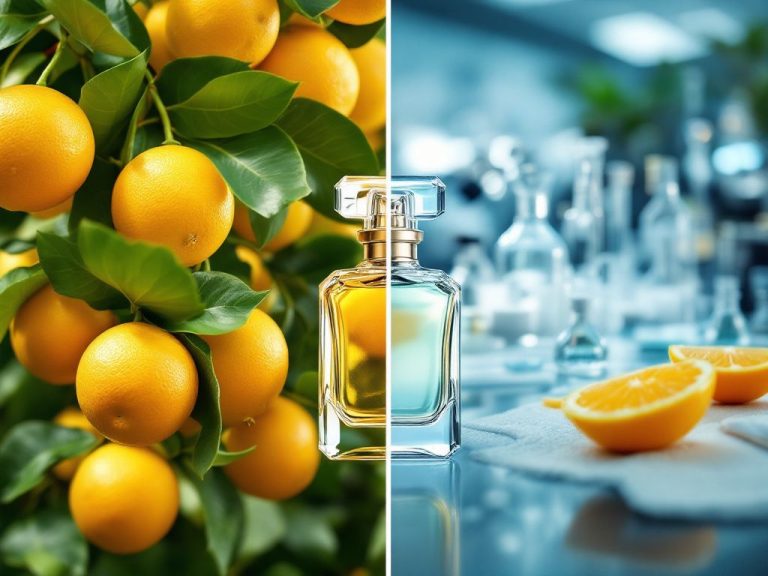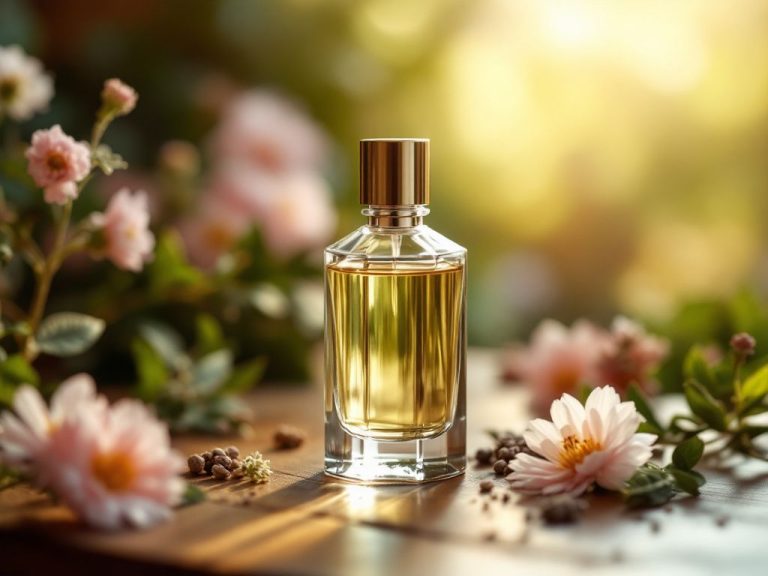
The Ultimate Comparison Guide: Ingredient Analysis in Natural Fragrance
Natural fragrances are often touted as the healthier, more authentic choice, standing up against their synthetic counterparts. But how do they actually compare to synthetic fragrances? Natural fragrances derive from plant and animal sources, hitting all the bases from essential oils to absolutes. While these sources are rare and treasured, they’re often blended into more common oils to create a fragrance symphony.









